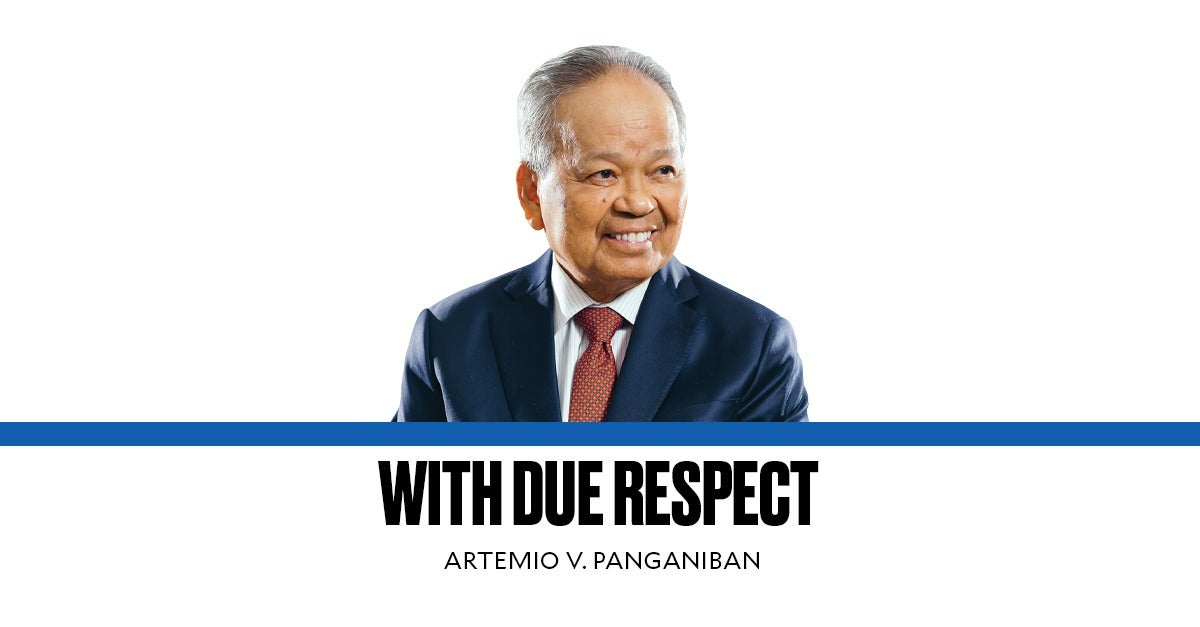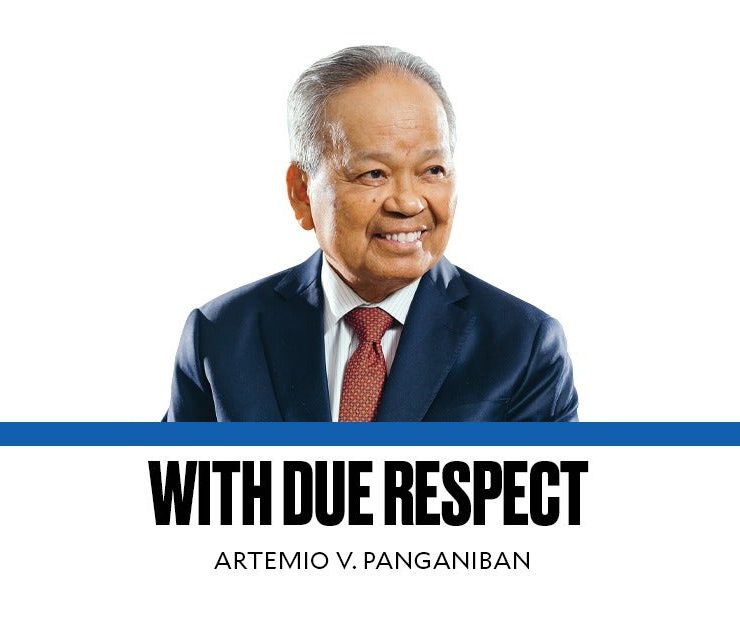AI can create value and build trust

Last week, I took up artificial intelligence (AI) as it relates to the judiciary. Now, let me say that AI is a force that reshapes every sector and challenges even enthusiasts, like ancient me, to keep up. Lucky am I to witness this unfolding phenomenon for two reasons: (1) It renews my awe for human super-creativity, and (2) It gives me the energy and fire to contribute to the discourse. I do not claim to be an expert. I am just a curious learner.
IN MY LIVING ROOM SITS ALEXA. If she could emote, she would admit feeling isolated, starved of data and interaction. Though I consider it merely a tool, AI is evolving into assistants and agents that influence my language and actions. AI mimics collaborations once deemed exclusive to humans, blurring lines between programmed and organic intelligence. Alexa, after all, is never truly detached; she is embedded in a cloud of data far larger than my social network.
Businesswise, I explore AI through three lenses: (1) the businessperson delivering customer value; (2) the consumer seeking a better quality of life; and (3) the leader balancing innovation’s promise and peril.
BUSINESS IS REALLY ABOUT UNDERSTANDING PEOPLE. At its core, business offers value to customers. Whether delivering food to their doorsteps or providing self-service laundromats, business solves problems and provides products and services. To be customer-centric and enhance value, it needs capable teams, decisive plans, trusted partners, and deep customer insight.
Small businesses get quick but limited feedback, while large companies face overwhelming data. AI excels in processing vast data in real time, personalizing offers, forecasting demands, and automating tasks. But speed must not outrun responsibility. Data breaches—like the 2017 Equifax incident that exposed private information of over 140 million customers—can erode trust.
Conversely, AI can strengthen cybersecurity by detecting anomalies instantly. In the Philippines, where businesses are mostly small, AI can be a great equalizer, offering affordable tools to expand markets, cut inefficiencies, and compete globally. Used wisely, it can democratize opportunity.
AI PROMISES CONVENIENCE and breakthroughs, from AlphaFold that accelerates drug discovery to combat antibiotic resistance, to Seeing AI that aids the visually impaired with image recognition, to self-driving cars that navigate traffic easily, and to research assistants that help students meet deadlines.
But trade-offs loom: Is “saved” time and effort truly liberating, or is it masked by hidden or unrealized costs? For instance, a student who uses AI for research may gain precious hours for rest and leisure. Yet, that saved time could be wasted on plagiarism, excessive screen use, or social withdrawal.
Emerging studies warn that overreliance on AI undermines essential skills, such as critical thinking and independent problem-solving. Without these, we can lose our ability to discern truth from deception and fact from disinformation. This erosion also diminishes emotional intelligence and the capacity to decipher tone, read between the lines, and detect authenticity. So, too, journeys into virtual spaces may impair the sensitivities that make us human.
In a free market of ideas, accessibility brings convenience. When AI delivers a fluent story in seconds, it can erode our healthy skepticism about its fallibility. As with any scientific hypothesis, an innovation must be tested to see if it stands up to scrutiny, or if it needs to be reformulated or rejected. The scientific community thrives on this self-correcting spirit, a mechanism vital to the ethical pursuit of knowledge. We cannot rely solely on AI to handle this scrutiny for us.
I CONSIDER AI AKIN TO FIRE. Experts argue that the discovery and controlled use of fire-boosted brain intelligence by enabling cooked food, which provides more nutrients and frees up energy from digestion. Fire can be useful but dangerous if uncontrolled. Even bushfires can be tamed—not by waiting for rain, but through systems with skilled firefighters, water cannons, and sprinklers. But the chemistry of fire remains what it is and will always be.
When DeepMind’s AlphaGo defeated Go masters Fan Hui and Lee Sedol with novel moves unseen for millennia, it revealed AI’s potential to outsmart us in ways still unimaginable. We must follow AI’s evolving nature and design adaptive systems to keep pace with its changes. But more than being observers, we must be movers.
This presents a challenge to the leaders and readers of today—to view and shape transformation through ethical lens. Industrialization offers a sobering reminder: our quest for progress has also brought environmental ruin. Let this new revolution avoid such errors in the realm of mind and morality.
Great leaders act as choice architects, designing cultures that influence behavior and action. I hope that as leaders aim for increasingly lofty goals, they also guide people toward choices that prioritize intelligent decisions—those that create value and build trust.
Comments to chiefjusticepanganiban@hotmail.com


















